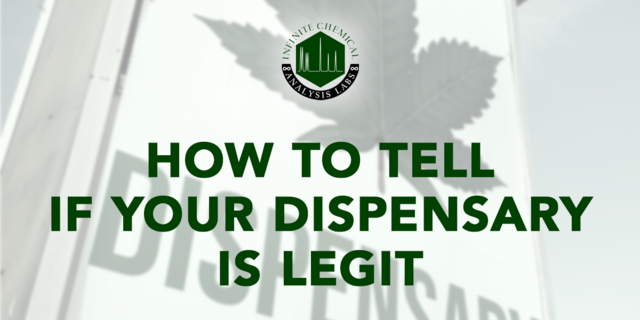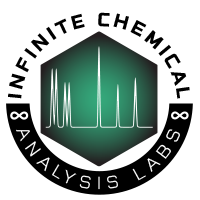
Consumers: How to Tell if Your Dispensary is Legit
Right?
To the untrained eye, it may be difficult to tell upon appearance. Here are a few ways to ensure your go-to shop is legit:
- Hours of Operation: In California, a dispensary cannot legally sell between 10:00 pm and 6:00 am. If you come across a shop operating late at night, you should steer clear.
- Identification Requirements: Recreational customers must be 21+ in order to purchase cannabis, and cannot buy more than 1 ounce per day. If a dispensary doesn’t ask to see your ID and check you into their system, it’s not a licensed dispensary. Legal delivery services also request some personal information to ensure cannabis products are not being diverted to those under 21.
- Consumption on Store Premises: Just like you wouldn’t crack open a beer in the middle of the grocery store, consuming cannabis on store premises is against the law.
- Tax Fees: If a recreational dispensary is operating legally, they are paying the taxes to do so. Cannabis tax revenue is being used to fund new major social programs, including those for drug abuse prevention, public safety, environmental protection, and economic development. Therefore, there should always be a tax fee displayed on your receipt. Illegal dispensaries are not paying the fees required for operation and are not charging taxes for cannabis purchases, depriving the state of the funding it intended to use for these much-needed programs.
Seem like a lot to remember? The Bureau of Cannabis Control launched a campaign this week that should help clear things up.
The Bureau is now encouraging customers to look for and scan a quick response code (QR code) with their smartphones whenever they go to visit a legal dispensary. Consumers who scan to verify the QR code will be able to confirm that a cannabis retailer is licensed. When scanned, the code will automatically link to the Bureau’s Online License Search and confirms the cannabis retailer’s license status. The system will also display the retailer’s address and license location to ensure that the information is not counterfeit. Retailers have been instructed to place the QR code in storefront windows for easy customer access.
The campaign was prompted but the Bureau’s recent efforts to shut down unlicensed dispensaries. In December, the Bureau and other state agencies worked in coordination with the City of Los Angeles to issue 45 search warrants against illegal operators over the course of three days. The Bureau is hoping a recognizable emblem such as the QR code will help licensed businesses easily distinguish themselves from their illegal counterparts.
An educational video showing consumers how to scan and verify a cannabis retailer’s QR code can be found here. Additionally, retail licensees can learn more about the process for posting their QR code in a fact sheet titled “Information Regarding Posting of QR Codes by Commercial Cannabis Retail Licensees”, which has been posted to the Bureau’s website.
For consumers without a QR code-enabled phone, they can also check a retailer’s license information by visiting the Bureau’s license search tool at CApotcheck.com.
